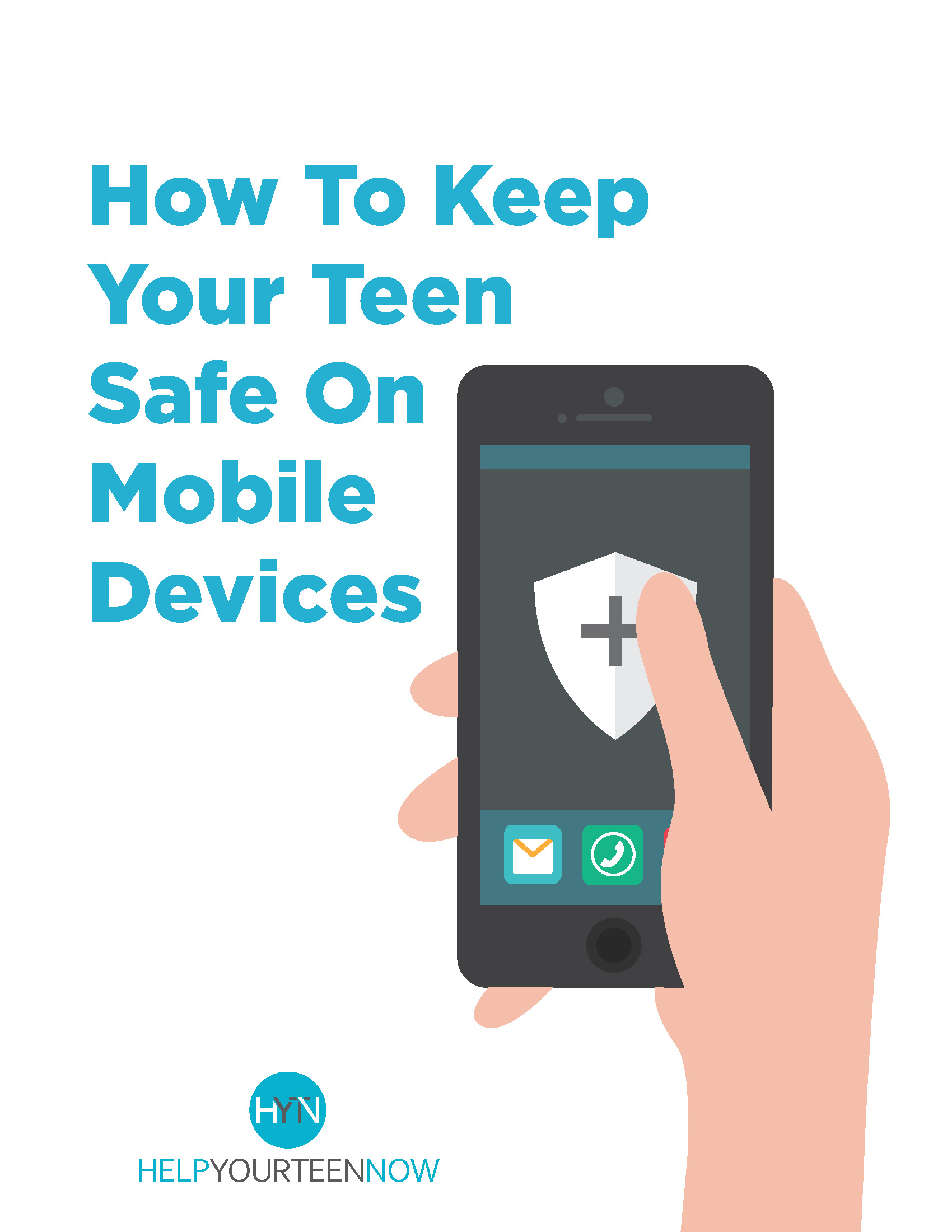ADHD, or attention deficit hyperactivity disorder, is a developmental condition that results in an imbalance of neurotransmitters in the brain. It is a condition that manifests in early childhood and may stay with the person throughout their life. Scientists don’t know the cause of ADHD and are working on improving treatments for the condition.
The statistics for teens diagnosed with ADHD are not too encouraging. Low self-esteem, lower than average grades, and low college attendance shows that people with ADHD find the challenges of school and work difficult to overcome. However, there are many successful people with ADHD who have figured out what it takes to thrive in life, despite their ADHD diagnosis.
Here are 5 ways for teens with ADHD to thrive in school and in life:
Tip #1. Get the right medications.
Medications can help ease the symptoms of ADHD and allow teens to better focus on tasks at school or socially. However, with lots of different medical options out there, it’s important for parents and teens to work with a doctor to get the right combination that works for the individual. It’s important to understand that taking medication doesn’t mean that the teen is somehow less than others or is somehow sick. Instead, teens with ADHD should consider the medication as a way for them to be their best selves and not be hindered by the symptoms of ADHD.
Tip #2. Get therapy.
Whether it’s an ADHD coach or a more regular behavior therapist, teens with ADHD will benefit greatly from therapy. The sessions help teens learn how to organize, how to handle frustration and what is and isn’t appropriate. Behavior modification also helps teens fit in better with their teachers and peers, leading to less stress and anxiety in social settings. While many teens grow out of ADHD symptoms, or at least encounter fewer of them, there is a percentage of adults with ADHD who can still benefit from therapy.
Tip #3. Understand ADHD
When teens understand their condition—how it works and what it does to them—they can answer questions for others and also gain insight into how the different treatments work. With understanding comes acceptance and hopefully a desire to continue medication and therapy, because they see the positive results. The people with ADHD that encounter the most difficulties are the ones that resist treatment, lack a support group and feel like they can just will their way through it—only to find that their challenges increase.
Tip #4. Ask for Help When Needed
It’s empowering once teens understand that they have a support group who is ready to step in and help whenever they are asked. Pride, embarrassment or other factors may stop a teen from asking for help. However, learning how to ask for and receive help is a big factor in learning to thrive with ADHD. Teachers, friends, family, doctors, therapists, support groups and more can lend a helping hand when a teen with ADHD asks for assistance for a short-term or long term task.
Tip #5. Get Creative
There’s more than one way to accomplish a task, and teens with ADHD should learn to utilize lots of approaches. From making lists to using memory tricks to finding strategies that work for the individual, teens with ADHD can reach the same goals as their peers, just on a different path. Reducing stress and increasing success is important for teens with ADHD to accomplish what they desire, academically and socially.
While teens with ADHD may have different challenges to face in life than their peers, there are many successful people with ADHD—musicians, artists, CEOs, and more—who have managed to overcome their limitations and really thrive. Living with ADHD is something that doesn’t have to be a hindrance with the right support and treatment methods.











0 Comments